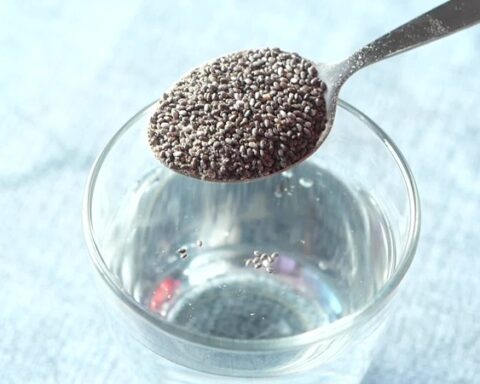New Delhi, September 2, 2023: World Coconut Day was started by the Asia and Pacific Coconut Community from September 02, 2009, to promote the activities of coconut growers while raising awareness about the fruit for those outside of the growing community.
The celebration of World Coconut Day offers plenty of opportunities for this important product of the Asia-Pacific region to enter into the forefront of conversation of people around the world!
Coconut water is the clear liquid found inside green, immature coconuts. Young coconuts are favoured for their water as it is tastier, more plentiful in volume and easier to access. Varieties of coconut yield slightly different-tasting water, depending on where they are grown.
Coconut water also differs in taste and nutrition to coconut milk and oil, both of which are made from the flesh of the coconut
A 100ml serving of coconut water (ready to drink) provides:
- 18Kcal / 75KJ
- 0.2g Protein
- 0.0g Fat
- 4.1g Carbohydrates
- 4.1g Sugar
- 165mg Potassium
Top health benefits of coconut water
1. Hydration and Electrolyte Balance: Coconut water’s high potassium content aids in replenishing electrolytes lost through sweating, promoting proper hydration, and preventing dehydration.
2. Heart Health: Potassium and magnesium in coconut water contribute to maintaining healthy blood pressure levels, reducing the risk of heart disease and strokes.
3. Digestive Support: Coconut water contains natural enzymes that may aid digestion and alleviate indigestion, while its fibre content supports a healthy gut.
4. Weight Management: Low in calories and sugars, coconut water can be a satisfying alternative to sugary beverages, aiding weight control efforts.
5. Antioxidant Properties: Vitamin C and other antioxidants in coconut water help combat oxidative stress, potentially reducing the risk of chronic diseases and supporting skin health.
6. Bone Health: Calcium and magnesium content contribute to maintaining strong bones and reducing the risk of osteoporosis.
7. Post-Exercise Recovery: The combination of electrolytes and natural sugars in coconut water can aid muscle recovery, making it a potential natural sports drink alternative.
8. Prevent kidney stones: Adequate fluid intake is important to avoid kidney stone formation; stones are created when compounds like calcium and oxalate combine to form crystals that can combine together to create stones. Studies suggest that drinking coconut water not only reduces the number of stones, but also appears to prevent them from sticking to the kidneys and urinary tract.
9. Support athletic performance: It has been suggested that consuming coconut water may improve endurance and athletic performance. This is because it contains carbohydrate in the form of glucose (a simple sugar) combined with the electrolyte minerals sodium and potassium – two key components also found in commercial sports drinks.
One study found that drinking coconut water prior to exercise improved the capacity to exercise in a high-temperature environment. Another study found that coconut water drunk post-exercise helped rehydrate in a similar way to a carbohydrate-electrolyte sports drink, but didn’t have any significant impact on exercise performance.
As a good source of electrolytes, coconut water may be a useful post-exercise drink; however, given the research to date is inconsistent, most recreational exercisers are likely to achieve as much benefit from plain water.
More controlled studies involving humans are needed to confirm many of these properties, but if you wish to improve hydration while adding an additional source of potassium to your diet, coconut water may be a useful addition.
Is coconut water safe for everyone?
For the majority of people, coconut water is generally recognised as safe. However, if you have renal failure or a kidney condition that requires you to manage your potassium intake, it may not be an appropriate source of regular hydration.
Furthermore, coconut water is a source of simple carbs, so if you’ve been diagnosed as pre-diabetic or diabetic, check first with your GP or registered dietician before adding significant quantities to your diet.
Allergic reactions to coconut are rare, although contact dermatitis and sensitisation to the tree pollen is more common.





